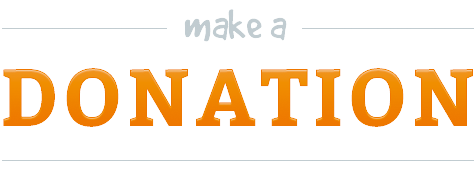BUILDING ZERO WASTE COMMUNITIES FOR A POLLUTION FREE ENVIRONMENT IN BANGLADESH
ESDO is launching its new mission and project to build a waste-free Bangladesh. With this project, ESDO plans to create Zero Waste communities through effective management and the use of waste. Zero Waste describes a scenario where production, consumption, reuse, and recovery of products, packaging, and materials are done responsibly, i.e. without burning and with no discharges to land, water, or air that threatens the environment or human health.
The current challenges of waste management are the top-down approach and lack of community participation and ownership. All though old and out-dated waste collection as well as the management systems also a big challenge of the present waste management.
A Zero Waste community would recycle 100% of their waste, or recover and produce no harmful waste for the environment, human health, and other living organisms. An effective program to promote Zero Waste communities will present not only clear, tangible solutions to all types of waste but also provide unique data that can drive campaigns and policy decisions. The project can bring attention to Zero Waste practices by highlighting success stories and lessons learned, globally, and be replicated in other low- and middle-income countries. ESDO will refer to other existing programs in Europe, Asia, and around the world as well as depend on its own experience of developing Zero Waste models in Bangladesh for this project.
The main interventions and activities in the project are to assess and identify current waste management scenario and generate solution model within the estimated timeline, Planning and testing zero waste mechanism, Establish partnership and linkage with the communities and the local government and other relevant agencies, Organize infrastructures such as set up – domestic waste composting unit, central composting, rooftop gardening in cities, organic farming, etc. and Capacity Building. Capacity building will include providing training to waste pickers on zero waste mechanism and practice, small and medium entrepreneurship development, and media workshops.
The project aims towards changing existing values – from an expense-based approach to a resource management-based approach by approaching waste as an asset to be managed instead of a liability. A key strategy of the project will be the formation of public-private partnerships (PPP) that will provide oversight, coordination, and management of Zero Waste Communities.
The project will create an effective model on zero waste communities appropriate for lower-middle-income countries like Bangladesh. More specifically, the project objectives will include:
- Building capacity and supportive policies for implementation and expansion of Zero Waste communities/villages and cities in selected areas of Bangladesh.
- Creating awareness about how Zero Waste practices can improve community health and environment.
- Encouraging and supporting Zero Waste businesses by improving the understanding of the supply chain and recycling.
- Identifying and establishing alternatives for single-use plastic products.
- Develop evidence-based models, performance indicators, and outcome data to create the basis for
- Zero Waste programs with scalable financing/investment mechanisms in order to accelerate their replication.
The project will gather, synthesize, and disseminate evidence and data about Zero Waste programs and their impact. It will also allow ESDO to proactively promote a specific alternative or a better way forward for waste management. It will help to identify ways to change the system of packaging (promote standardized packaging and labeling), application of eco-designs, and policies related to waste management. The project will help to test a long-term funding model, laying a foundation for how zero waste projects can go to scale without on-going donor support, and for governments and other financiers of waste management (e.g. private investment, crowd funders, impact investors) to get informed.
This project has direct links with the SDG target 11.6 (by 2030, reduce the adverse per capita environmental impact of cities, including by paying special attention to air quality, municipal and other waste management) and SDG Goal 12 (Responsible Consumption and Production). This project is also relevant for SDG goals 13 (Climate Action) and 14 (Life Below Water).
ESDO’s Initiative
Zero Waste is also viewed as an international movement that any community can embrace. ESDO is well placed to create such a model in Bangladesh and share the learning with other organizations who share similar aspirations.





